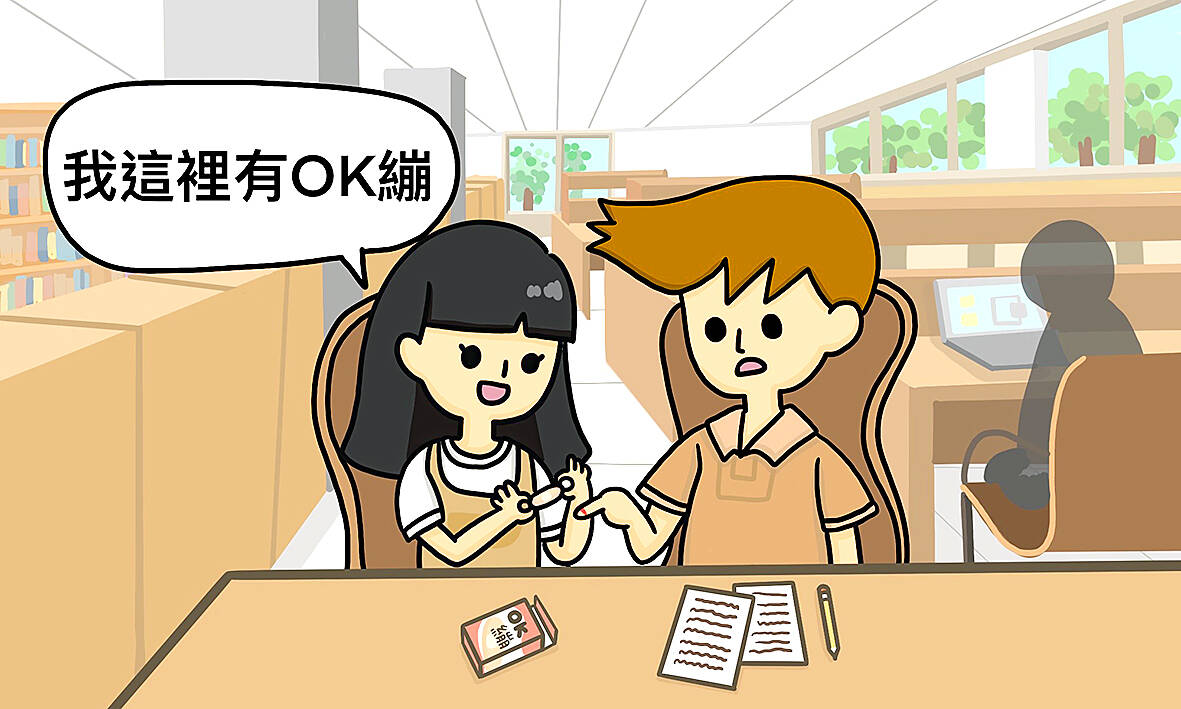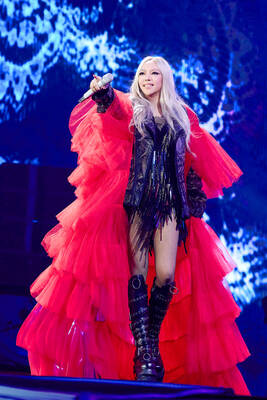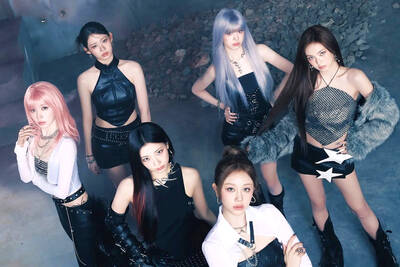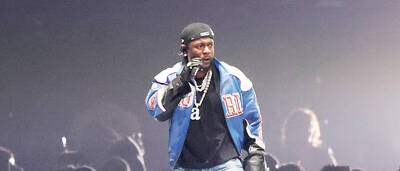對話 Dialogue
馬克:啊!好痛。
Mǎkè: A! Hǎo tòng.

小實:馬克,你怎麼了?
Xiǎoshí: Mǎkè, nǐ zěnme le?
馬克:我被這張紙割到手了,好痛。
Mǎkè: Wǒ bèi zhè zhāng zhǐ gēdào shǒu le, hǎo tòng.
小實:哇!流血了!來!我這裡有「OK繃」,趕快貼起來。
Xiǎoshí: Wa! Liúxiě le! Lái! Wǒ zhèlǐ yǒu “OK bēng”, gǎnkuài tiē qǐlái.
馬克:謝謝!你剛剛說這個東西中文叫什麼?
Mǎkè: Xièxie! Nǐ gānggāng shuō zhège dōngxi Zhōngwén jiào shénme?
小實:在臺灣,我們都叫它「OK繃」,你看!這樣貼起來就「OK」了!
Xiǎoshí: Zài Táiwān, wǒmen dōu jiào tā “OK bēng”, nǐ kàn! Zhèyàng tiē qǐlái jiù “OK” le!
馬克:好特別的名字,是因為這樣所以叫
「OK繃」嗎?
Mǎkè: Hǎo tèbié de míngzi, shì yīnwèi zhèyàng suǒyǐ jiào “OK bēng” ma?
小實:也有人說是因為以前在臺灣賣OK繃的牌子聽起來很像「OK」,所以流傳到現在的。
Xiǎoshí: Yě yǒurén shuō shì yīnwèi yǐqián zài Táiwān mài “OK bēng” de páizi tīng qǐlái hěnxiàng “OK”, suǒyǐ liúchuán dào xiànzài de.
馬克:好,那麼我以後受傷就知道要去藥局買「OK繃」了!
Mǎkè: Hǎo, nàme wǒ yǐhòu shòushāng jiù zhīdào yào qù yàojú mǎi “OK bēng” le!
翻譯 Translation
Mark: Ouch! That hurt.
Xiaoshi: Mark, what happened?
Mark: I got a paper cut, it really hurts.
Xiaoshi: Wow! You’re bleeding! Come, I have some “OK beng” band-aids, let me quickly stick one on for you.
Mark: Thank you! What did you just call this in Chinese?
Xiaoshi: In Taiwan, we call them “OK beng.” You stick one on, and everything’s OK!
Mark: What a special name. Is that the reason it is called “OK beng”?
Xiaoshi: Some people say it’s because the brand that sold band-aids in Taiwan sounded like “OK,” and the name spread.
Mark: Got it. If I get injured in the future, I will go to the pharmacy and buy some “OK beng”!
單字片語 Vocabulary
1. 割 (gē) to cut
2. 流血 (liúxiě) to bleed
3. OK繃 (OK bēng) band-aids, adhesive, bandage
4. 趕快 (gǎnkuài) in a hurry
5. 牌子 (páizi) brand
6. 流傳 (liúchuán) to spread
7. 受傷 (shòushāng) to get injured
8. 藥局 (yàojú) pharmacy
教材音檔 Audio Files
教材影片 Video Files:
https://www.instagram.com/celc.nou_tw/guide/_/17999106352646292/
實踐大學華語中心提供
By Shih Chien University Chinese Language Center: https://chineseusc.com/

詞法—不定詞的誤用 1. 我得記住星期五要把報告寫好。 ˇ I must remember to finish my report by Friday. χ I must remember finishing my report by Friday. 註︰remember 後面跟動名詞或不定詞表示兩種不同的概念,與 forget 相類似。 試比較下列句子: I remember meeting him somewhere.(我記得曾經在某處見過他。) I must remember to meet him at the station at six this evening. (我必須記住今晚六點得去車站接他。) He remembered turning off the light when he left the room. (他記得離開房間時曾先把燈熄了。) Remember to turn off the light when you leave the room. (記住離開房間時要把燈關了。) 2. 他提醒她做好她份內的事。 ˇ He reminded her to do her job. χ He reminded her of doing her job. 註︰remind ... of ... 後面跟動名詞,表示「使人想起做過某事」。若是「提醒某人應做某事」,應用 remind ... to do ...。試比較下列句子: He reminded me of my attending the lecture last Friday. (他讓我想起我上星期五去聽過那次演講。) He

A: Happy New Year! I can’t believe it’s 2026 already. Where did you count down? B: I went to pop singer A-mei’s Taitung concert yesterday for the New Year’s countdown. How about you? A: I went to rock band Mayday’s Taichung concert yesterday. Going to their New Year’s shows has become a holiday tradition for me. B: Don’t forget, we’re also going to Jolin Tsai’s show tonight. It’s her first perfomance at the Taipei Dome. A: Yeah, that’s right. It’s great to start the year with good friends and good music. A: 新年快樂!我真不敢相信都已經2026年了。你昨天去哪跨年啦? B: 我昨天去了流行天后張惠妹的台東演唱會,還和她一起跨年倒數。那你呢? A:

A: Apart from Taiwan’s A-mei, Mayday and Jolin Tsai, there are many foreign singers coming to Taiwan early this year. B: The South Korean girl group Babymonster are playing two shows at Taipei Arena starting from tonight. Who else is coming to Taiwan? A: Other artists include Australian band Air Supply, K-pop superstar Rain, boy group Super Junior, TXT, US singers Giveon and Josh Groban, and Irish boy group Westlife. B: Air Supply was the first foreign band to come to Taiwan in 1983, and they’re probably the most frequently visiting group too. A: As the year is beginning

Kendrick Lamar is a world-renowned rapper with numerous accolades to his name. He has won 22 Grammy Awards and __1__ music charts in countries all around the globe. One unexpected accomplishment he can add to the list is being a lifesaver, thanks to his 2024 hit “Not Like Us.” According to the American Heart Association (AHA), this song has the perfect tempo for performing Hands-Only CPR. Cardiopulmonary Resuscitation (CPR) is a critical lifesaving __2__ used when someone suffers cardiac arrest and their heart stops beating. It aims to maintain blood flow to vital organs until __3__ help arrives. There